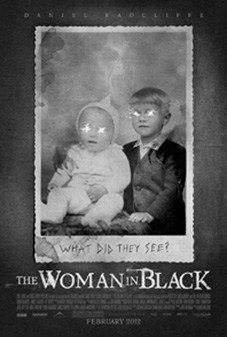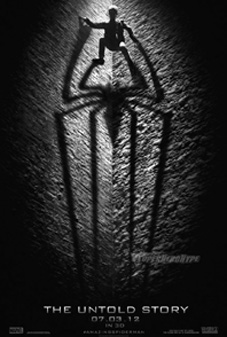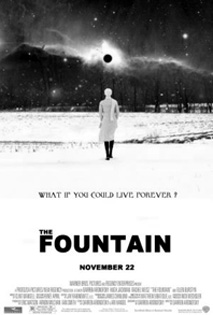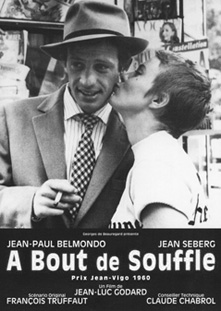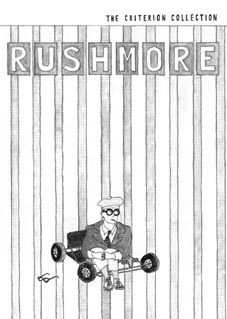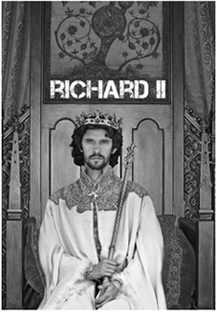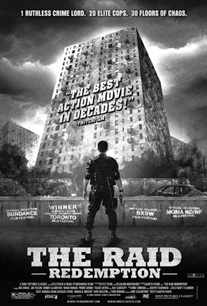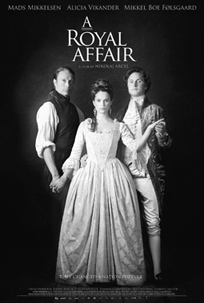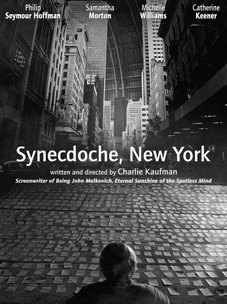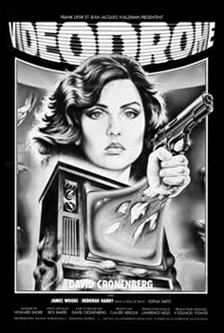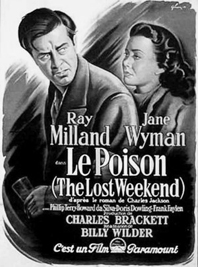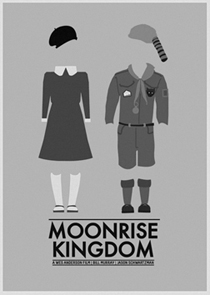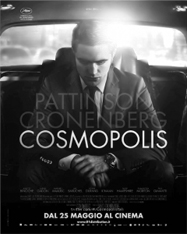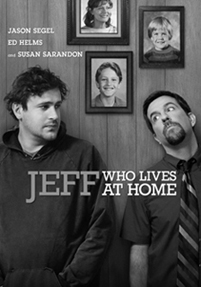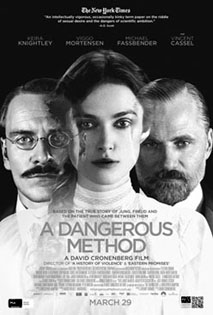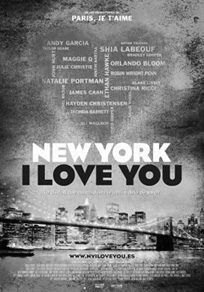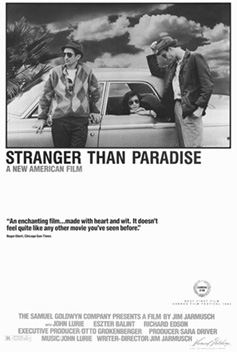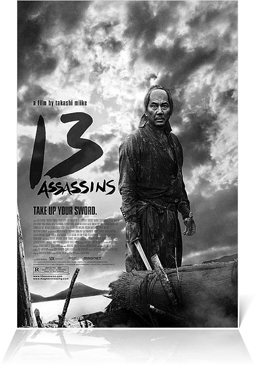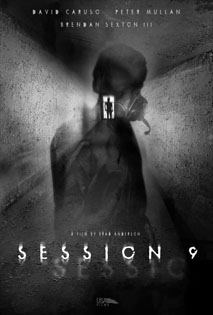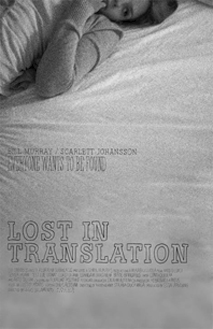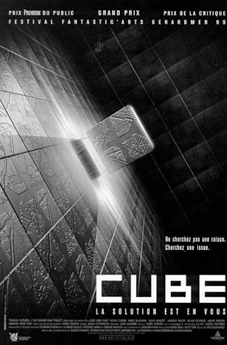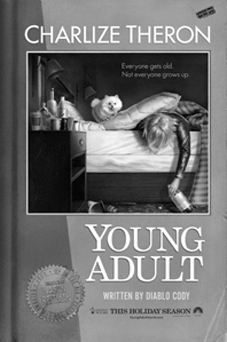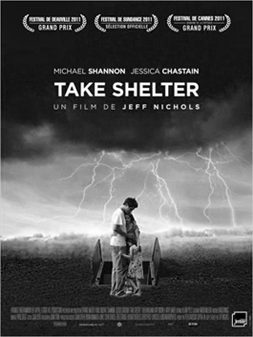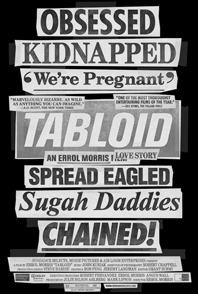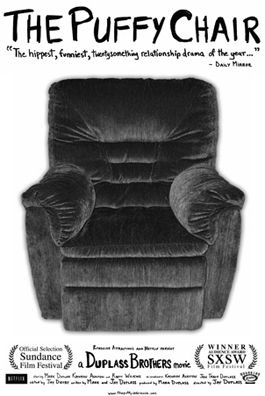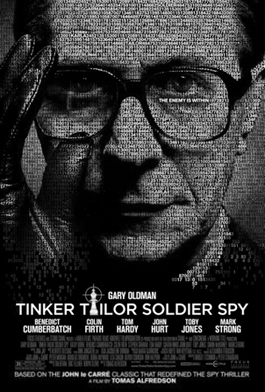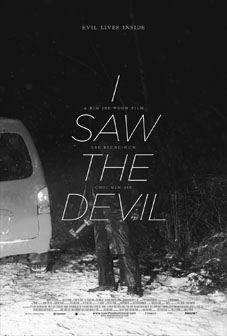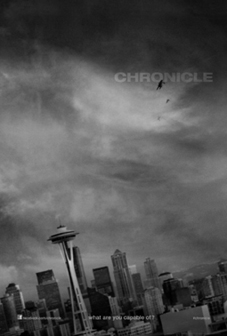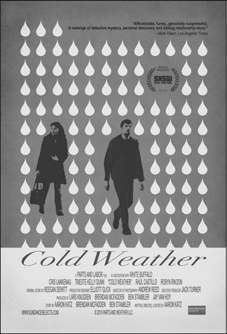Repeat viewing.
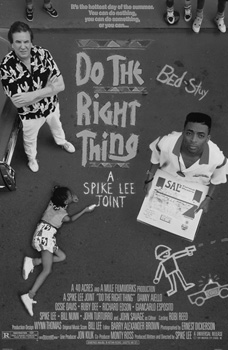 This is quite a diversifying film. I’ve known people who’ve absolutely hated this movie, calling it racist, amongst many derogatory things. To me, and I’m going out on a bit of a limb here, I think it’s one of the great American movies. There’s so many different ways you can read this movie, but, and this I why I love it, I think it’s a great study of people and their perception of others.
This is quite a diversifying film. I’ve known people who’ve absolutely hated this movie, calling it racist, amongst many derogatory things. To me, and I’m going out on a bit of a limb here, I think it’s one of the great American movies. There’s so many different ways you can read this movie, but, and this I why I love it, I think it’s a great study of people and their perception of others.
I usually try to avoid any major spoilers at all cost when writing reviews, but I will be talking about the ending of the film. So, if you don’t want to know the score, look away now. The film is set on a block in Brooklyn, it’s not your traditional underprivileged block, but it’s certainly not a affluent area either. The residents of the block consist predominantly of black people with a few Puerto Ricans. There’s a Korean run mini-market and an Italian owned Pizza place. The Pizza place is the central point of all the action. It’s run by Sal, an elderly Italian American, and his two sons, Vito and Pino. They employ Mookie*, played by Spike Lee, he’s a pizza delivery-boy. There’s also a great many minor characters who all play their part in making the neighbourhood seem vibrant and have texture. All the customers that frequent Sal’s are of African American descent and there’s a little goading going on between the Italians and African Americans, particularly involving Vito and Mookie. Over the course of the day, and the duration of the movie is just one day, things start to escalate between the black customers and the Italians. It’s a scorching hot day and the temperature is hitting 100, tempers start to fray. And, just like that, everything goes crazy. Sal smashes up a customer’s radio, the radio of Radio Raheem! This causes a fight. The police are called, and, mercilessly, the cops kill Radio Raheem. This leaves Mookie in a predicament, does he side with his fellow residents, or does he side with his employers. The crowd are baying for blood, and Mookie decides to smash the front window of Sal’s place, and, with that, the residents tear down Sal’s pizzeria
I’ve read various criticisms from people saying that Lee portrays the black community as innocent and that they can do no wrong. This, frankly, is utter crap. The black residents aren’t portrayed in a great light, they’re violent, and racist. Just like the Italians. And Puerto Ricans. Even the Koreans. Nobody treats anyone with any real respect. The young people argue and taunt the old, and vice-versa. Yet Mookie, if anything, destroys the window because he knows things can never go back to what they once were, prior to Radio Raheem’s death. The smashing of Sal’s place is a violent act, but, in the end, it brings peace to the neighbourhood. It could’ve been worse, more people could have died. Mookie knew something needed to be done before retribution was put upon Sal. That’s my take on it. You could argue Mookie was biting the hand that fed him and destroyed Sal’s for no good reason, but I don’t buy that.
There’s so many interesting characters here, there’s stereotyping for sure with some people, but with such a vast cast I can see the need for this. The important characters in the film we do get to know a little better and understand them more. Lee does this in a few interesting ways, such as having them directly address the camera. It makes for a much more aggressive way of viewing the characters, they can be quite intimidating at times, especially a scene where racist curses are being used by all the different cultured people. The film doesn’t pull any punches. It’s not an easy watch and, at times, there’s a sense that Lee is trying to see how far he can go, what he can get away with. I kinda admire that though. There aren’t many films that tackle race in such an obvious and direct way. The film was made only a few years after the Michael Stewart death, and proceeded the Rodney King riots by less than two years. So, clearly, it was very much a hot subject to make a film about. Even now you can relate elements of it directly to what happened with the London riots.
It’s not a perfect film. It’s occasionally a little too stylized in it’s direction, some of the characters are clearly just cheap stereotypes, the dialogue is silly once or twice, Lee’s own performance as Mookie isn’t one of the great acting performances, but none of this really mattered to me. I think it’s a great film regardless. It’s about people in a certain environment, how all these people co-exist with each other, and how their own actions are defined by how they perceive others.
Oh, and the first time I watched the film it got me into the music of Public Enemy, which is no bad thing. Public Enemy’s song, Fight The Power, is the signature sound of the movie. It not only is played in it’s entirety during a very 80s intro-title/dance sequence, but is key to one character’s attitude.
Marks out of ten – Nine
(*The character Mookie was named after Mets great Mookie Wilson, this was before Spike swapped sides over to the Yankees, boo. And, not to be forgotten, Mookie wears the great Jackie Robinson’s shirt.)

